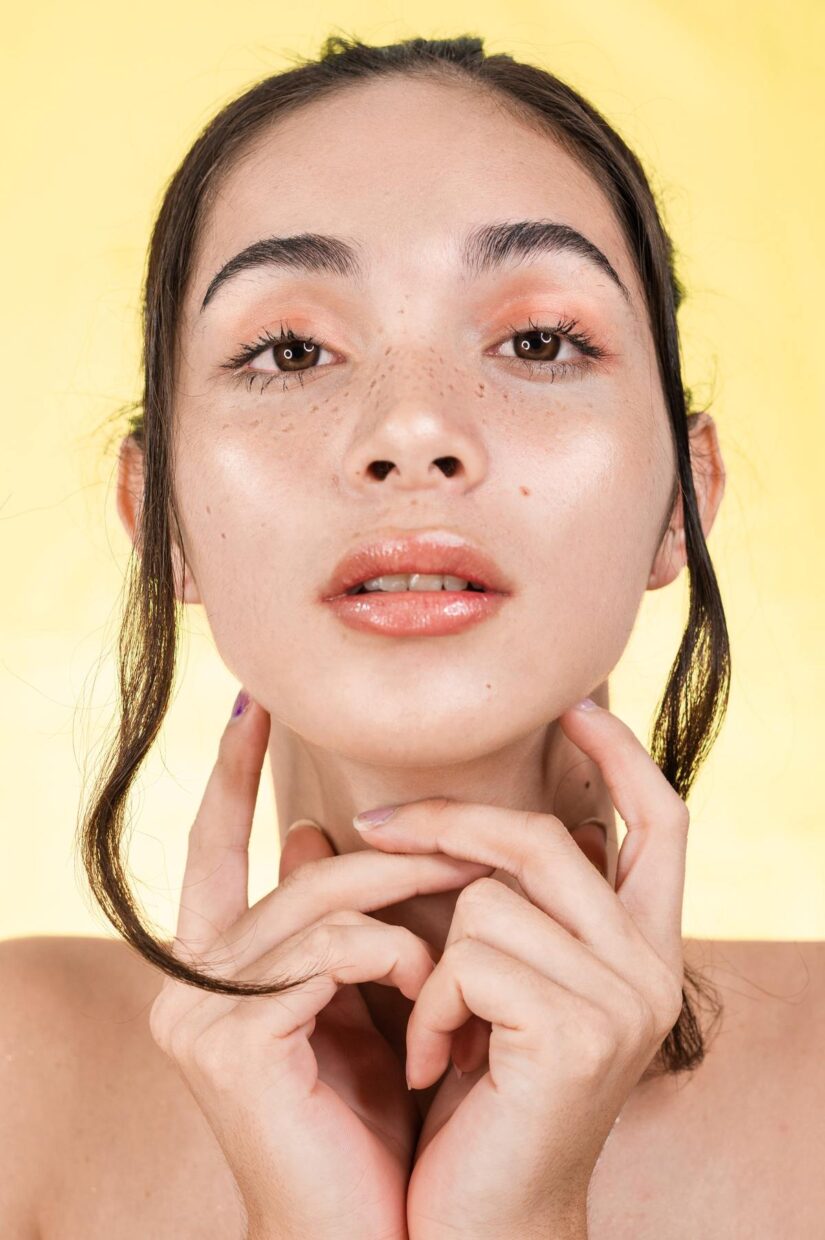 I am one of the very few skin health experts that cannot get behind the retinoid hype.
I am one of the very few skin health experts that cannot get behind the retinoid hype.
Some people call it the “Holy Grail” of preventative aging. I call it the “Kiss Of Death”. My own experience with retinol throughout my life has never been favorable. My skin gets hypersensitive, uber dry, red, and breaks out with cystic acne. My skin feels hot to the touch. I have never had a good experience regardless of the strength, gentle or not gentle. I want to share the most popular types of retinoids to give you a very brief understanding of what they are and do. My ultimate goal is to provide you with alternatives to achieve similar if not better results.
One of the questions I ask on my consultation form is “have you used retinoids within the last 7 to 10 days”. I ask this question because if someone is coming in for a facial (or waxing) I cannot perform a proper facial if someone has been using it more than three times a week. It thins the skin to the point where if someone was getting a lip wax or enzyme peel, dermaplaning, microdermabrasion, or extractions, the skin could actually rip or fall off the face. This to me never made sense. Why would somebody use an ingredient that would make their skin so thin that you couldn’t enjoy a facial?
Most retinoids are in an acid or alcohol form. It’s a derivative of Vitamin A, which I love, but oftentimes the form that it is in is way too harsh for someone to handle. To its defense and on very rare occasions, it *can* be cushioned with other skin-loving ingredients that hide the harshness but that is rare.
There are four categories of retinoids (not vegan FYI):
- Retinyl Esters: A gentle, mild retinoid. Not very effective.
- Retinol: The most popular but also the most unstable retinoid so packaging is key.
- Retinaldehyde or Retinal: Stronger than retinol and not as regulated by the FDA.
- Retinoic acid: This is your Accutane or Tretinoine. It should only be considered if you have grade 2-4 acne and nothing else is working. At this point, you would be under the care of a doctor.
Side Thought: When I think about retinoids, and the hype behind this ingredient I can’t help but think about Cetaphil, the cleanser. Many professionals in the medical community are supporters of Cetaphil but it is full of fillers and unnecessary ingredients. Why are skin health experts and professionals so quick to pull the trigger when it comes to these products and ingredients that don’t serve the skin’s barrier in a positive way? Yes, there is science. Yes, there are clinical studies, but most people do not need to use retinoids to have gorgeous healthy skin. Most people can use alternative ingredients and a healthy diet to achieve the glow they are looking for without risking their skin falling off their face. If we were in a Zombie apocalypse, I wouldn’t use retinoids, but I might use Cetaphil, but only in that case. The most important thing is how your skin functions, looks, and feels. Slowing down the natural aging process is 100% doable without the use of retinoids.
What are your alternatives? What should you look for? What should you do?
Look for ingredients rich in Vitamin A or beta-carotene. A serum or night cream would suffice because this is when your skin repairs itself overnight. Some examples rich in Vitamin A are yellow, red, and green (leafy) vegetables, such as spinach, carrots, sweet potatoes, and red peppers. yellow fruit, such as mango, papaya, and apricots. Skin strengthening ingredients (aka retinol alternatives) are calcium, cranberry seed oil pomegranate, resveratrol, peptides, stem cells, bakuchiol, probiotics, different AHA’s like lactic, malic, and glycolic to name a few. Adaptogens are wonderful for the skin, mostly coming from roots and mushrooms.
Let’s talk about Bakuchiol.
Bakuchiol originates from India. It is an ingredient derived from the “babchi” plant or psoralea corylifolia plant. The ingredient comes mainly from the seed. People drink it. It is touted as an anti-inflammatory and a melanin suppressor. It’s vegan. It’s gentle. It’s retinol’s biggest competitor. It stimulates cellular turnover and collagen production and plays well with other ingredients. The key is to find a formula that compliments your skin, lifestyle, and diet.
You are spoiled for choice. Skin-loving ingredients that are highly efficacious are in abundance. When thinking about repair and rejuvenation aka your night routine, think about what you want to achieve, how do you want your skin to look and feel when you wake up? Focus on the emotional side of your skincare routine because it will make you happier in the long run instead of following bad advice regarding retinoids. Look for ingredients rich in vitamin A. Look for collagen-stimulating peptides and stem cells. Read about adaptogens. Wake up your skin and partner with an Aesthetician who does a deep dive into your at-home routine and toss the retinoids aside. You don’t need them.
Did I mention… always use an SPF?
